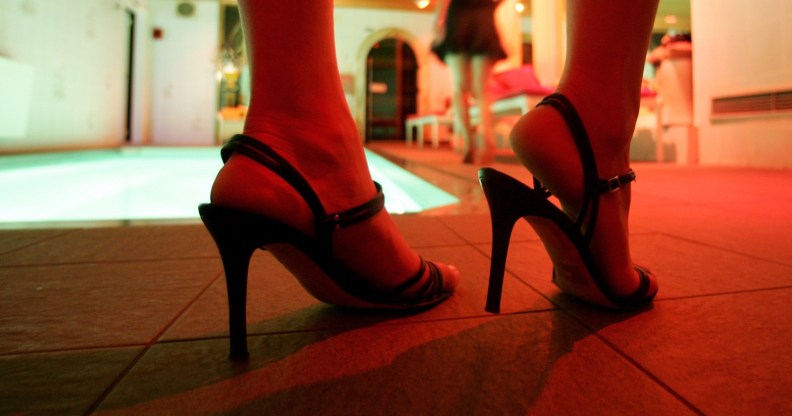Trans people turning to sex work to fund hormone treatments

Over 75% of trans people living in Malta are turning to sex work in order to fund hormone treatments.
Gender reassignment surgeries, social workers and NGO workers told MaltaToday that “at least 75%” of trans patients are relying on sex work.
The figure came from an anonymous source who told the news outlet that the number was concerning.
“Shame that comes from working n prostitution can lead to drug taking, making individuals vulnerable to addiction and increasing their chance of being arrested,” they said.
As well as using sex work to fund treatments, the Malta Gay Rights Movement (MGRM) said that trans people were turning to online markets where they could get cheaper alternatives.
Colette Farrugia Bennett from MGRM said that a good portion of the trans community were “disregarding” prescriptions and advice from doctors “in an effort to get access to treatment as quickly and cheaply as possible”.
Bennett added that those turning to sex work were likely to be over 30 and felt “unprotected” by current trans protection laws.
Basic hormone treatment can range from €100 to €500 every three months.
Surgeries come with an even higher price tag of €25,000 upward.
LGBT+ activists are calling for some of these surgeries to be made available at a cheaper price or to be state-funded.
The Health Department in Malta is currently in the process of redesigning the medical brief on gender reassignment surgery.
A study carried out nine years ago by MGRM showed that trans people had negative experiences in the work force.
Often, they found that they could not get work in “low-skilled” positions and so resorted to sex work.
Now, the Equality for Men and Women Act protects trans people from discrimination in the workplace.
In 2015 Malta was ranked the best place in Europe for LGBT rights by the International Lesbian-Gay Association.
Despite not having marriage equality, the small island nation had granted 89 percent of the total rights putting it ahead of the UK, Belgium and Sweden.
The ranking marked a turn around for the country as it sat in 18th place just two years prior.
Malta recently became the first country in Europe to ban “gay cure” therapy.
The island nation made history as it passed a bill which meant that any medical professional found guilty of practising the homophobic “therapy” could face a prison sentence.
Offenders can face a fine of up to $5,000 or up to five years in prison in more serious cases.
Prime Minister Joseph Muscat urged Commonwealth countries to overthrow archaic anti-LGBT laws stemming from Colonial times.
Speaking about the need for tolerance, Mr Muscat said: “I want to single out the respect for LGBTIQ persons, the lack of it. The remarkable number of our countries [with anti-LGBT laws] is, arguably, a considerable blot on our family of nations’ standing.
“I had conversations and am aware that there are leaders who know that things must change but are wary of how society will react to their first move.
“To them, I said and I say, that the Commonwealth will be with them to help make their first steps. History, I am sure, will judge them positively when they do so.”

